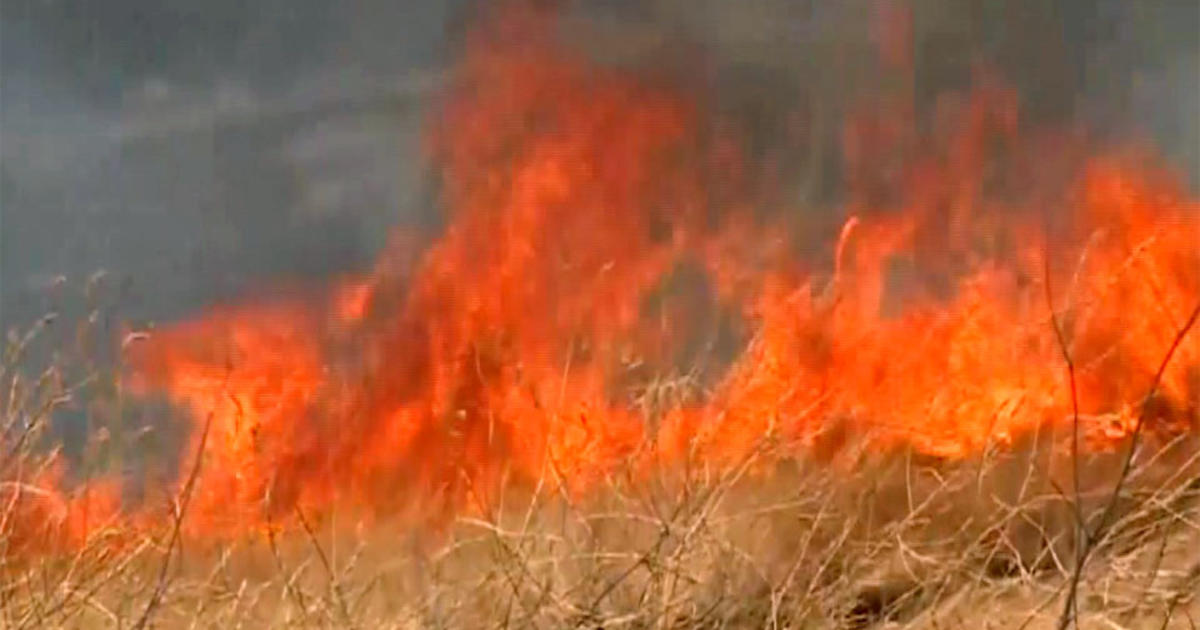Report: Climate Change May Increase Allergies, Lyme Disease
MINNEAPOLIS (WCCO) - Changes occurring in Minnesota's climate could have harmful effects on human health, including increased allergies and cases of Lyme Disease, according to a new report from the Minnesota Department of Health.
The report shows the state growing measurably warmer over the last few decades and rain and snow becoming more erratic.
Called the Minnesota Climate and Health Profile, the report follows up on an October 2014 assessment that examined climate hazards by county.
The Climate and Health Profile found that Minnesota's changing climate elevates the risk of air pollution, extreme heat, floods and drought and changes to Minnesota's ecosystems.
The two reports were funded by a $238,000 grant from the Centers for Disease Control & Prevention.
"We want Minnesotans – individuals, communities, local public health officials, leaders and policy makers from a broad spectrum of interests and disciplines – to use the report to start talking about ways to adapt to the effects of climate change," said Kristin Raab, Climate and Health Program Coordinator for MDH. "This work can strengthen public health while also strengthening Minnesota's infrastructure and economy."
The MDH will be traveling throughout the state to share information about the new report and learn about adaption efforts already underway.
The report has some data gaps related to the effects of climate change on health, such as the limited data set for analyzing all the impacts of flooding on Minnesotans.
"Although there is a lack of data on all the health impacts and the exact risk to specific communities, that lack of data should not keep us from acting," Raab said.
These are the specific hazards examined in the new report:
- air pollution (causing potential increases in chronic obstructive pulmonary disease, lung cancer, cardiovascular disease, allergies and asthma)
- extreme heat (leading to heat stress, heat stroke or organ failure; worsening of pre-existing conditions, such as diabetes, chronic obstructive pulmonary disease, cardiovascular disease, kidney ailments, mental or behavioral disorders; and heat-related deaths)
- floods and drought (increasing drownings and injuries, mental stress and waterborne disease outbreaks)
- changes to Minnesota's ecosystems (increase diseases caused by ticks and mosquitoes, such as Lyme disease and West Nile virus, and exposure to toxins from harmful algal blooms)



